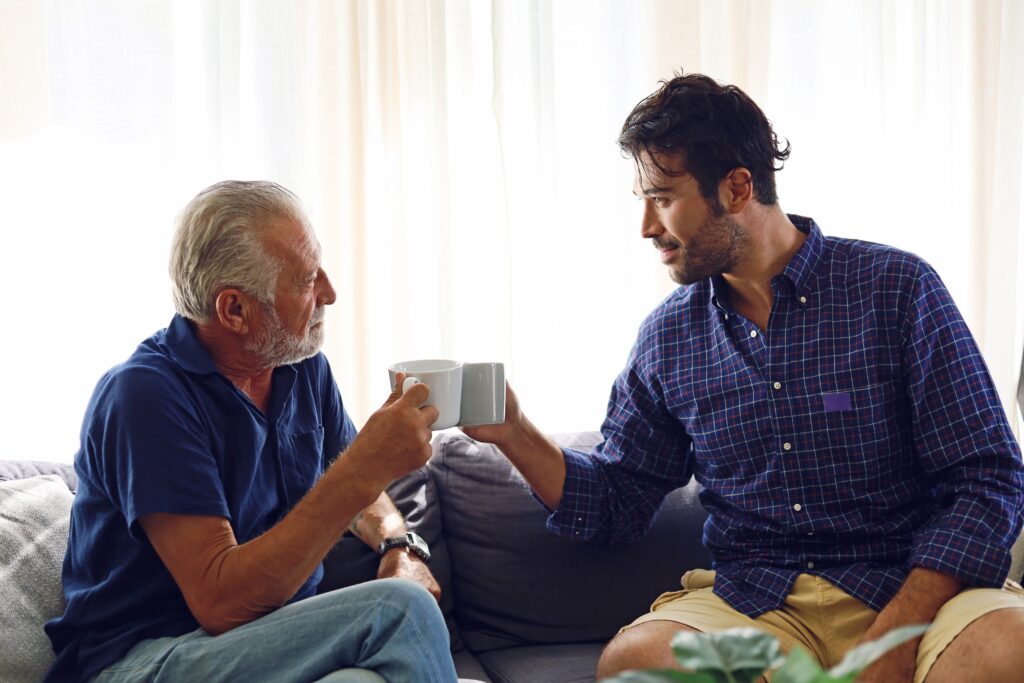
This time of year brings joy for many, but those struggling with addiction could be experiencing a particularly difficult time. With increased stressors such as family conflict, financial strain or loneliness, many may turn to drugs or alcohol.
“When you have a family member or loved one who is suffering from substance use addiction, it can take a toll on everyone involved and their relationships,” said Melissa Baker, counselor at the NCWR Addiction Recovery Clinic.
With increased family time during the holidays, this stress can build, but opportunities to help may also present themselves. The key is how to manage those opportunities.
“With the holiday season, family members might interact with or become more aware of their loved ones struggling with substance use,” said Dr. Kelly Dunn, NCWR executive director of clinical treatment. “It also brings an opportunity to approach our loved ones with renewed understanding of their behavior and to instill hope to sustain themselves during this often long journey.”
Learning why a loved one uses a substance is key to helping them start the road to treatment and recovery.
“Loved ones often use substances for a reason. Learning to understand why a loved one is using doesn’t excuse the behavior but helps explain the behavior so you can work with them to find alternative solutions together,” said Dunn.
According to Dunn, here are some important things to remember:
- When approaching a loved one about their substance use, ensure they are not under the influence.
- Find a time you both are calm and then start with “I” statements, such as “I am worried by … ” or “I feel scared when … “
- Taking care of yourself and working through your own struggles so you are the healthiest you can be often is the best thing you can do to help a loved one suffering from addiction.
Contact the NCWR Addiction Recovery Clinic at OSU at 918-561-1890 to schedule an appointment. In case of a medical emergency, please dial 911. For immediate and confidential emotional support, please call 988 to reach the National Suicide and Crisis Lifelin
Additional Information & Resources